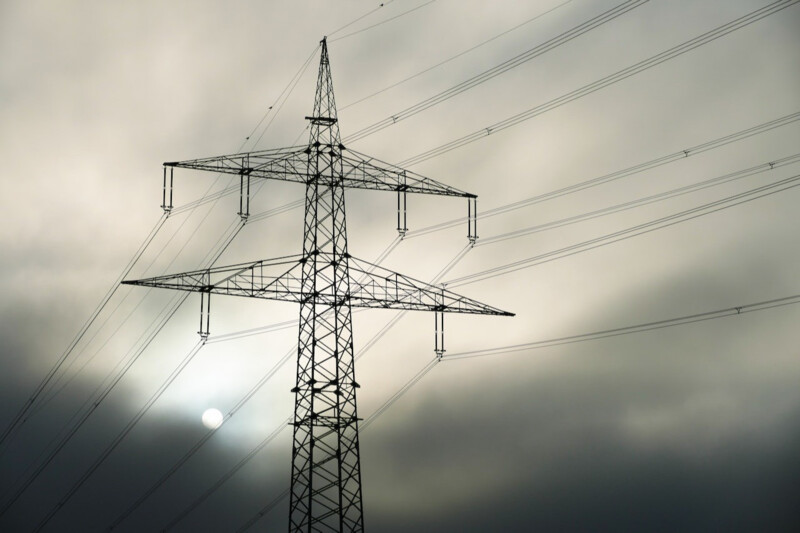La hausse des prix de l’énergie fait peser un risque sur la solvabilité des ménages, et pourrait entraîner une multiplication des incidents de remboursement de crédits. Du côté des entreprises, le remboursement des prêts garantis par l’État est susceptible d’être impacté par le contexte économique.
Hausse des prix de l’énergie et solvabilité des ménages
Dans une lettre adressée au gouverneur de la Banque de France, plusieurs associations tirent la sonnette d’alarme quant à la solvabilité des ménages, menacée par la hausse des prix de l’énergie.
Selon la Fondation Abbé Pierre, Positive Money Europe ou négaWatt, qui font partie des signataires de cette lettre, la crise énergétique accroît considérablement le risque de retard ou de défaut de paiement des crédits immobiliers, ce qui pourrait entraîner une « crise de stabilité financière », alertent-elles.
Malgré la mise en place d’un bouclier tarifaire pour contenir la hausse des prix du gaz et de l’électricité, certains signes indiquent que les ménages les plus fragiles sont déjà en difficulté. Ainsi, la Banque de France a enregistré en août une hausse de 26 % sur un an des inscriptions au FICP (fichier des incidents de remboursement des crédits aux particuliers).
Pour éviter de nombreuses faillites personnelles, les associations attendent de la Banque de France qu’elle permette aux banques « d'intégrer dans leurs règles prudentielles la solvabilisation des ménages permise par des prêts destinés à améliorer l'efficacité énergétique de leur logement ».
Selon les associations signataires de cette lettre, les banques devraient avoir accès à des informations ciblées comme les DPE (diagnostics de performance énergétique), et prendre part au financement de la rénovation énergétique des logements en accordant des prêts à taux zéro.
Les économies ainsi réalisées par les ménages, après travaux, contribueraient à préserver leur solvabilité, et à réduire le risque de retard ou de défaut de paiement des crédits immobiliers.
Le difficile remboursement des prêts garantis par l’État
Du côté des entreprises, qui pour la plupart ont commencé à rembourser leur prêt garanti par l’État (PGE) au printemps, les inquiétudes grandissent également.
À la crise énergétique s’ajoute la hausse des coûts des matériaux, mais aussi les difficultés de recrutement, et l’on observe depuis cet été une hausse des défaillances d’entreprises. Elles ont augmenté de 24,1 % en juillet sur un an, et de 26,5 % en août.
Au premier semestre 2022, la Banque de France estimait à 3,1 % le taux de défaut des PGE, soit une perte de 4,6 milliards d'euros. L’estimation est en train d’être revue à la hausse, et les banques misent désormais davantage sur un taux de défaut d’environ 5 %.
D’après l’enquête de conjoncture Bpifrance Le Lab parue en juillet, 6 % des TPE-PME interrogées craignaient de ne pas être mesure de rembourser leur PGE, soit 2 points de plus qu’en mai 2021.
L’État, qui supporte 90 % des risques sur les prêts garantis, se montre prudent. Le projet de loi finances (PLF) pour 2023 prévoit près de 1,9 milliard d'euros de dépenses budgétaires pour les PGE, des dépenses qui devraient progressivement diminuer pour atteindre 0,9 milliard en 2025.
